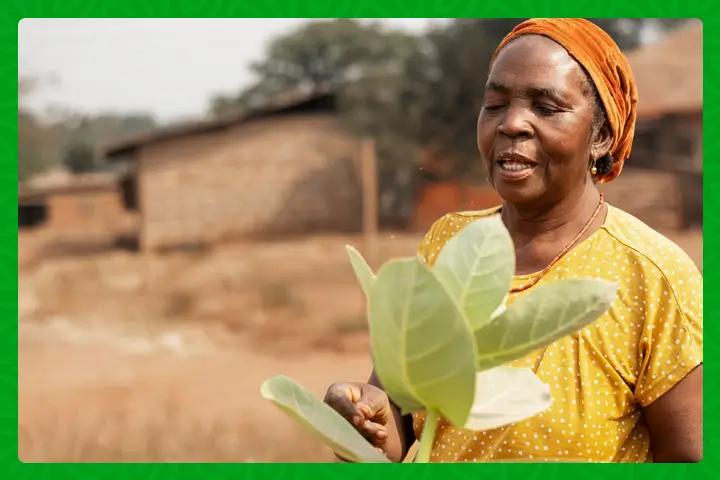
Namibia’s path to rural economic transformation is at a pivotal juncture, marked by a pressing need for financial inclusion. As the rural population grapples with significant gaps in access to financial services, the nation’s Minister of Urban and Rural Development, Erastus Uutoni, has issued a resounding call to action. With around 30% of rural residents currently without access to financial services, it is imperative to facilitate their full participation in the transformation of the rural economy.
The Urgent Need for Financial Inclusion:
At the Bank of Namibia’s 24th annual symposium on the transformation of the rural economy, Minister Uutoni highlighted the critical role of making financial services accessible to rural communities. He underscored the importance of leveraging digital solutions as a catalyst for rural economic advancement.
A Striking Statistic:
One striking statistic looms large in this narrative: 27% of Namibians living in rural areas lack access to financial services. This not only reflects the financial divide but also hinders the inclusive growth of rural households and small-scale entrepreneurs.
Agriculture as the Economic Backbone:
Agriculture is the backbone of the Namibian economy, with approximately 70% of the population relying on it for their livelihoods and income. However, the sector faces significant challenges due to prolonged drought conditions and unpredictable rain patterns. These obstacles have transformed agriculture into a capital-intensive venture, necessitating access to credit facilities.
Vulnerability to Climate Change:
Smallholder farmers, who predominantly depend on rainfed agriculture, are particularly vulnerable to the impacts of climate change. To shield them from these adverse effects, financial inclusion becomes paramount. Minister Uutoni emphasized that financial products tailored for poor households and rural entrepreneurs are pivotal in this context.
Diversifying Financial Services:
The call for financial inclusion in rural areas goes beyond traditional banking services. Existing microfinance institutions predominantly serve salaried individuals, leaving a significant portion of the population underserved. Minister Uutoni has urged financial institutions to explore innovative ways to cater to those with modest incomes and small-scale business endeavors.
A Unified Approach to Rural Transformation:
Minister Uutoni emphasizes that transforming the rural economy requires a multifaceted approach, with effective coordination at its core. No single institution or program can accomplish this endeavor in isolation. Key components of this approach include policy reforms in social sectors, investment in basic infrastructure, digital connectivity, and financial services.
No One Left Behind:
A fundamental tenet of this transformation is ensuring inclusivity. No one should be left behind, and the strategy must be broad enough to encompass all essential matters while maintaining a laser focus.
Infrastructure and Market Access:
To catalyze rural economic transformation, improvements in rural infrastructure are paramount. This includes better market access, a goal pursued through the government’s Rural Electrification Programme. Expanding the national grid in sparsely populated rural areas is a costly endeavor, necessitating decentralized electricity generation solutions based on renewable energy sources.
Boosting Agriculture:
Recent data from the Agricultural Bank of Namibia (AgriBank) indicate a positive trend. Disbursements in the financial year ending March 2023 amounted to N$284 million, compared to the previous year’s N$194 million. This capital has been channeled into land purchases, livestock acquisitions, and support for women and youth in agriculture.
Empowering Rural Prosperity:
The quest for rural economic transformation in Namibia hinges on equitable financial inclusion. Minister Uutoni’s call for action resonates with the urgent need to bridge the financial services gap and ensure that the rural population becomes an integral part of the nation’s economic growth and prosperity.
Stay updated with the latest farming tips and agriculture industry news from Africa by subscribing to our newsletter. Don’t miss out on valuable insights and updates. Follow us on Twitter, LinkedIn, and Facebook to join our farming community and stay connected with us.



















